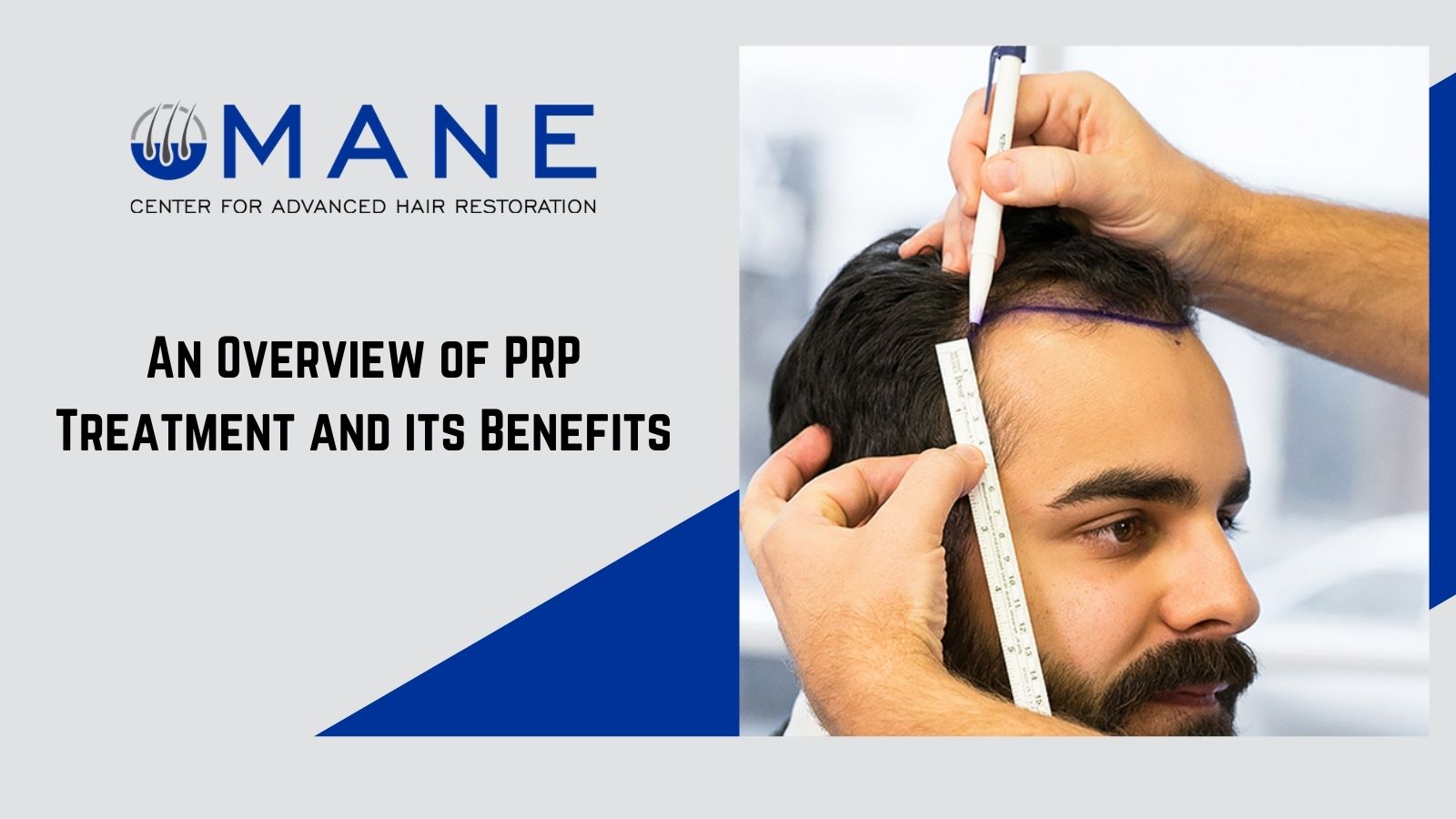Hair loss and thinning of hair are common conditions experienced by millions of men and women worldwide. While the most common cause of hair loss is aging, other causes can include trauma, stress, family history, or health conditions like thyroid or alopecia areata.
Over 30 million American women and 50 million men suffer from male or female pattern baldness.
The development of medical studies has generated several
hair restoration treatment options. These range from over-the-counter medications to hair transplant procedures. One such hair loss treatment procedure
supported by promising research is the Platelet Rich Plasma (PRP) therapy.
PRP therapy process
The PRP therapy is essentially a three-step procedure that involves drawing a person’s blood, processing it, and then injecting it into the patient’s scalp.
- Step 1: The technician draws your blood (usually from the arm) and transfers it into a centrifuge – an instrument that can separate red blood cells and concentrate platelets.
- Step 2: After around 10 minutes, the blood separates into three layers, platelet-poor plasma, platelet-rich plasma, and red blood cells.
- Step 3: The platelet-rich plasma is then collected in a syringe and injected into the scalp portion affected with hair loss.
The PRP injection can stimulate natural hair growth by increasing the blood supply to the hair follicles.
Additionally, PRP has growth factors that help hair regrow.
Potential side effects of PRP therapy for hair loss
Since PRP uses your own blood, there is little risk of contracting a transmittable disease. However, there is still a risk of the following side effects:
- Injury to blood vessels on the scalp
- Infection
- Nerve injury
- Reactions to the use of anesthesia
- Muscle pain
How much does it cost?
The total cost ranges between $500 and $2300 per injection, depending upon the additives you select. A future blog post will compare the various additive options to PRP, including Acell, BioD, or Amniofill.
Can Platelet-Rich Plasma (PRP) injections treat hair loss?
Evidence suggests that PRP can effectively stimulate hair growth. According to a 2015 study, ten people injected with PRP for three months showed improved hair strength, thickness, and density. Another
study in 2019 did a comparative analysis of 40 people – 20 using PRP and 20 using minoxidil (Rogaine) for six months. The results proved that PRP fared much better than minoxidil. Research also suggests that PRP
injections can help treat androgenic alopecia, also known as male pattern baldness).
Are you looking for advanced
hair loss treatment in Maryland? Get in touch with our team of experts at Mane Center for Advanced Hair Restoration in Chevy Chase, MD, to discuss the best hair restoration options for you.


